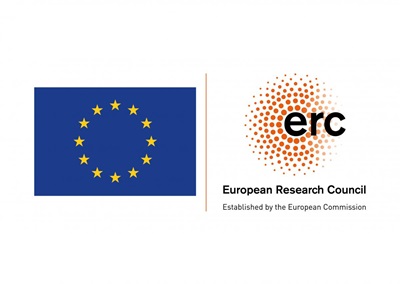The project is intended to provide a deeper investigations and applications of e-CPA, it includes term analysis, static permittivity analysis, single ion activity coefficient modeling, gas solubility modeling, liquid-liquid equilibrium, etc.
Electrolyte solutions play an important role in industrial application, and thermodynamic modeling is crucial for study of electrolyte solutions.
The electrolyte Cubic Plus Association (CPA) Equation of State (EOS), e-CPA, is an extension of the CPA EOS to electrolytes through the addition of the Debye-Hückel theory for the ion-ion electrostatic interactions, and the Born term for ion solvation.
The main aims of this project are: (1) providing a deeper investigation of terms in e-CPA and relative static permittivity, (2) applying e-CPA to modeling works of single ion activity coefficient, gas solubility and liquid-liquid equilibrium.
In this project, more in-depth studies will be proposed for the classical theories for electrolyte solutions e.g. about the importance of the Born contribution, the role and importance of parameters in the DH or MSA terms, as well as an analysis of the balance between electrostatic (ion-ion; ion-water) effects and the “physical” (including association) contributions of a complete electrolyte equation of state.
Main supervisor:
Georgios M. Kontogeorgis
Co- supervisor:
Xiaodong Liang
Nicolas von Solms

“This project has received funding from the European Research Council (ERC) under the European Union’s Horizon 2020 research and innovation programme (grant agreement No 832460)”.